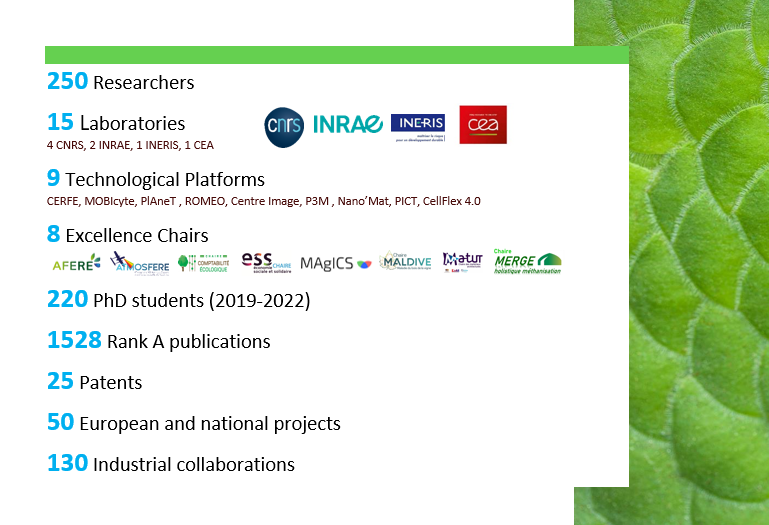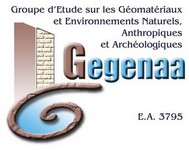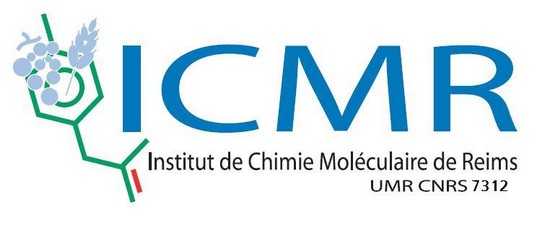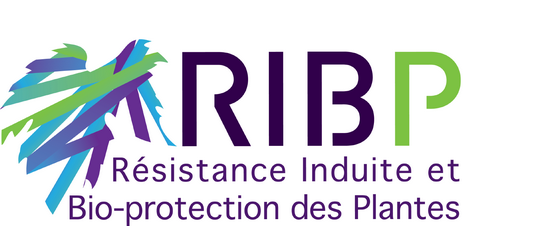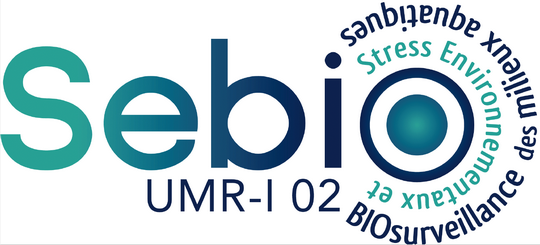USC INRAE 1488 RIBP: Induced Resistance and Bioprotection of Plants
The RIBP research unit currently brings together some fifty people working on plant immunity.
Based on a sound understanding of the immunity of plants, the unit’s activities are divided into three complementary areas:
→ Immunity and perception of elicitors
→ Immunity and beneficial microorganisms
→ Immunity and climate change
The projects undertaken focus on both fundamental research and field applications, in conjunction with industrial partners and technical institutes, both in France and abroad.
The RIBP research unit is part of the SFR Condorcet (Federated Research Structure) (FR CNRS 3417), in particular area 1 (sustainable production and environment).
For more information: go to the RIBP website
